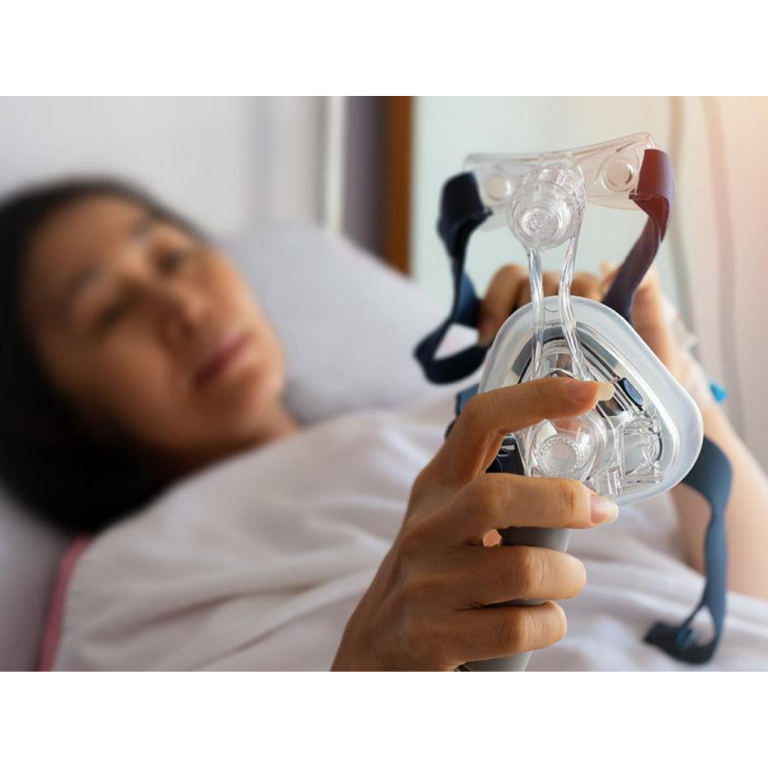
A Continuous Positive Airway Pressure (CPAP) machine has been traditionally known to treat snoring and provide therapy for obstructive and central sleep apnea. The CPAP and BIPAP (Bi-level Positive Airway Pressure) devices are non-invasive ventilators that is lightweight and easy to use as well as carry around. Although the machine was known mainly for sleep apnea before, the machine functionality has improved greatly. Ongoing findings have shown that the APAP machine is able to treat asthma conditions especially during sleep.
You use the CPAP machine when sleeping at night by wearing a mask that will provide pressurized air through your respiratory airway. For asthmatic patients, the muscles around the windpipe does not relax even when sleeping. This means that they’re overworked. After a number of researches done by the American Lung Association, they found out that the continuous positive airway pressure one of the ways of relaxing these muscles helps the muscles relax. In addition to that, the device provides pressure that moves mucus from the smaller airway on to larger airways to open up movement of air freely. This has also resulted in reduced asthmatic attacks greatly.
The CPAP and BIPAP machine are drug-free remedies that use naturally clean filtered air to treat the user when sleeping. As a result, it prevents coughing and gasping at night. It also comes with a humidifier which supplies heated water in form of vapour and in turn moistens air coming through the airway to avoid dryness or choking.
Please note that lack of cleanliness or maintenance of the CPAP tube might cause respiratory infections such as pneumonia because of the clogged dust that comes in during gas exchange.
In conclusion, we can say that the CPAP and BIPAP machines have greatly improved the breathing of most asthma patients using the machine. The improved quality of life is an evidence that more lung complications such as pneumonia, Chronic Obstructive Pulmonary Disease (COPD), bronchitis, among others can be treated as long as the pressure provides sufficient airway for breathing. Well, if youu are asthmatic and do not have sleep apnea, CPAP might not be for you. However, if you have asthma and experience dryness in your throat, chronic snoring, gasping or pauses in breathe while sleeping, you might need to see a doctor and a CPAP might be an option for you.
As more research procedures continue and innovative technology keeps enhancing treatment methods, we hope the risk of hospitalization will reduced. Also, that more people will be able to acquire home-use devices that can assist them both in treatment and prevention measures.
Are you asthmatic and using CPAP and BIPAP machine? Please share your experiences with us on the comment section. For those with further questions, reach us on [email protected] or call +254722932625.